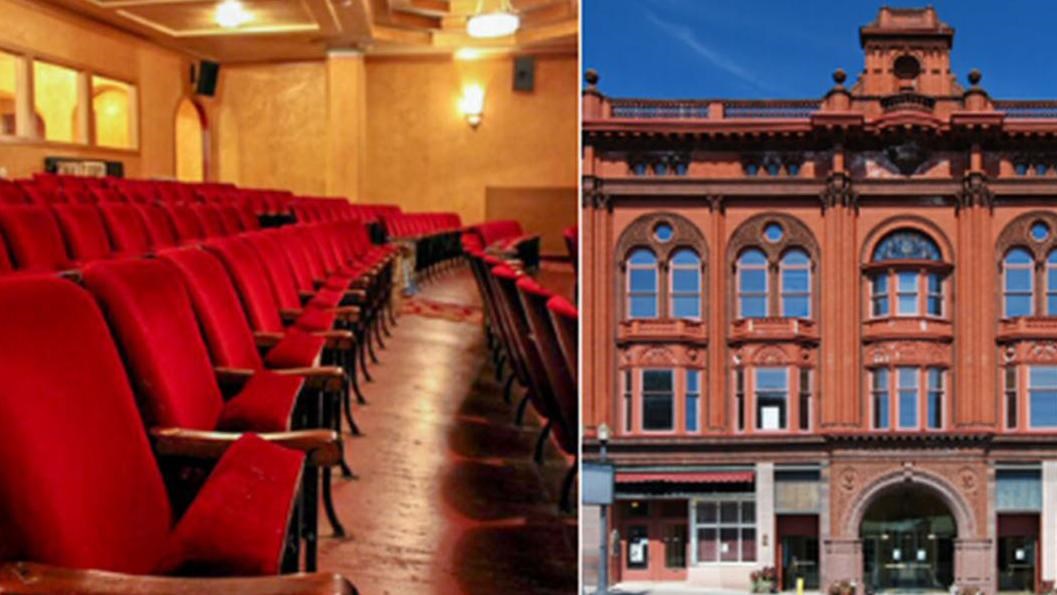Last updated: March 31, 2022
Place
Smith Opera House

The Smith Center for the Performing Arts
Food/Drink - Snacks, Gifts/Souvenirs/Books, Restroom
For 128 years, the Smith Opera House (the Smith) has hosted entertainment of various genres to enthusiastic audiences. Looking at decades’ old local newspapers, it also appears the Smith Opera House welcomed discourse on social movements including the fight for women’s suffrage. Yet, just 10 miles away, Seneca Falls, the site of the first Women’s Rights Convention in 1848, steals the historical show of the suffrage movement not Geneva, New York.
The 29th Annual Convention of the New York State Women Suffrage Association was held, in part, at the Smith on November 4th and 5th, 1897. Suffragist Susan B. Anthony spoke at the convention in the Smith as did the Rev. and Dr. Anna Howard Shaw, known for her work in the national suffrage and temperance movements and her work for world peace. The newspaper lists numerous other attendees, women known for their countless works to better society, of which the name, Harriet Tubman, Auburn, is listed.
Elizabeth Smith Miller, daughter of Gerrit Smith and cousin to Elizabeth Cady Stanton, with her daughter, Anne Fitzhugh Miller, played a pivotal role in bringing the convention to Geneva. After the convention, they created The Geneva Political Equality Club which grew to be one of the largest suffrage clubs in New York State. Tubman attended this political club’s meetings when could gain travel from Auburn to Geneva. Late in her life, she became a life member of the organization as noted in the group’s records in the Library of Congress, on the organization’s “List of Life Members” for 1911 is written the name, “Mrs. Harriet Tubman.”
From the late 1850’s to her final decade, from Boston to New York, Tubman was a popular speaker at suffrage meetings. White women saw a connection between their limited legal rights and her stories of life as an enslaved woman. The friendships Tubman made in the suffrage movement remained strong throughout her life. They and Tubman laid the groundwork for women’s suffrage but did not live to see the passage of the 19th amendment in 1920, guaranteeing women the right to vote.
